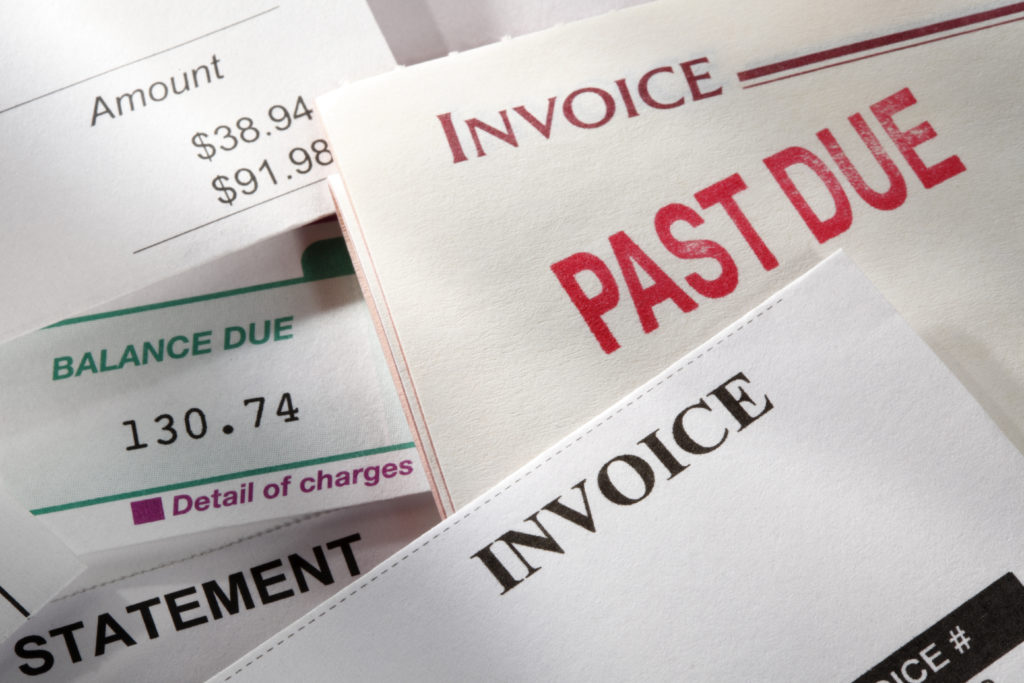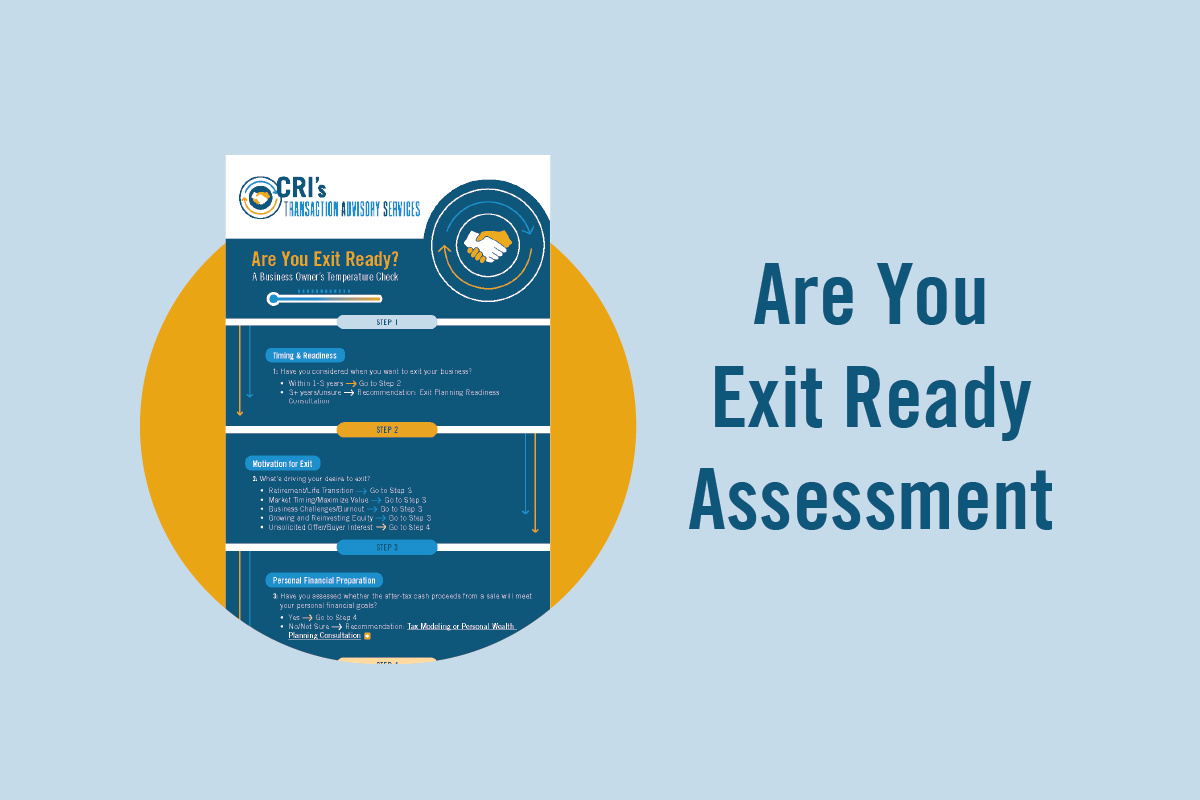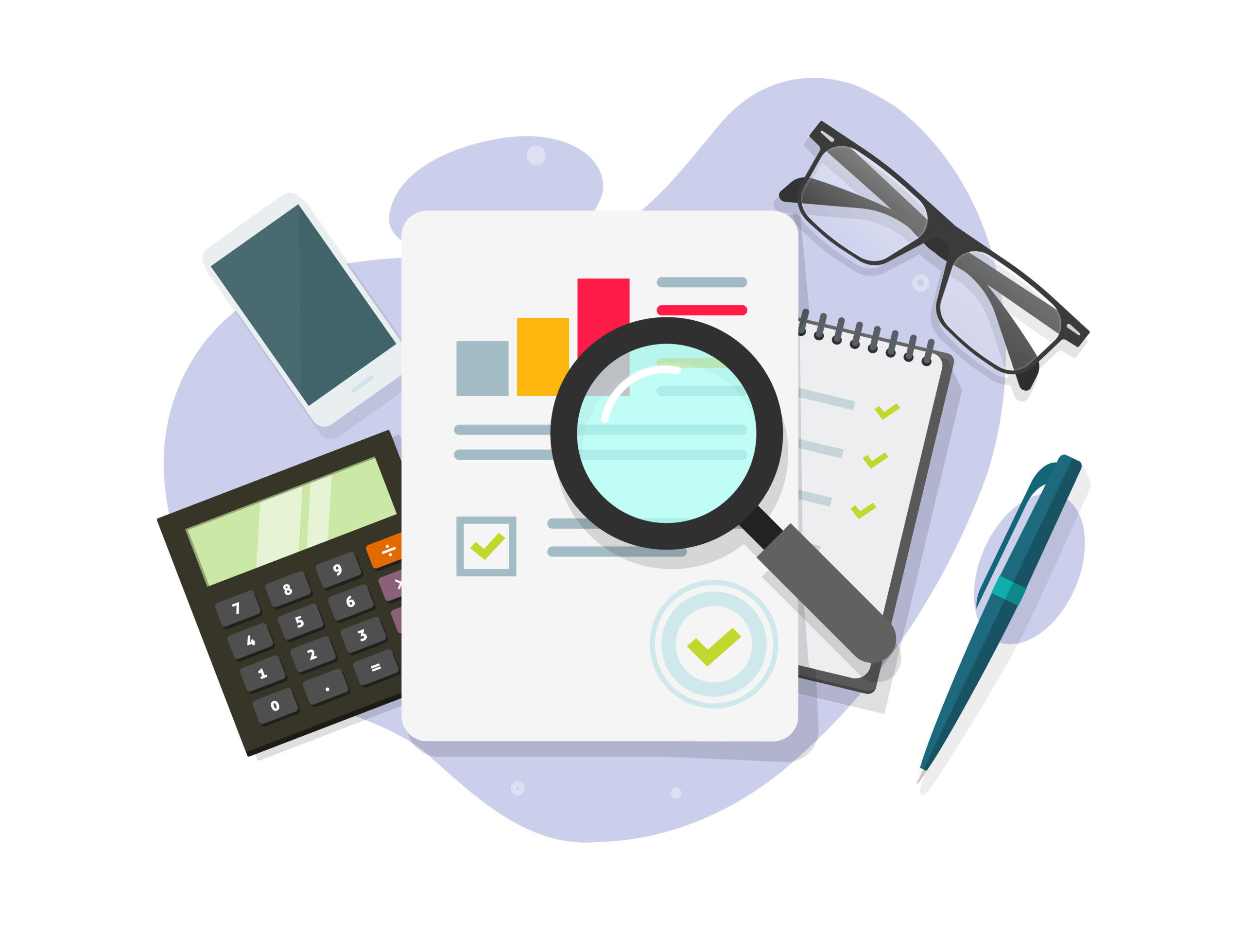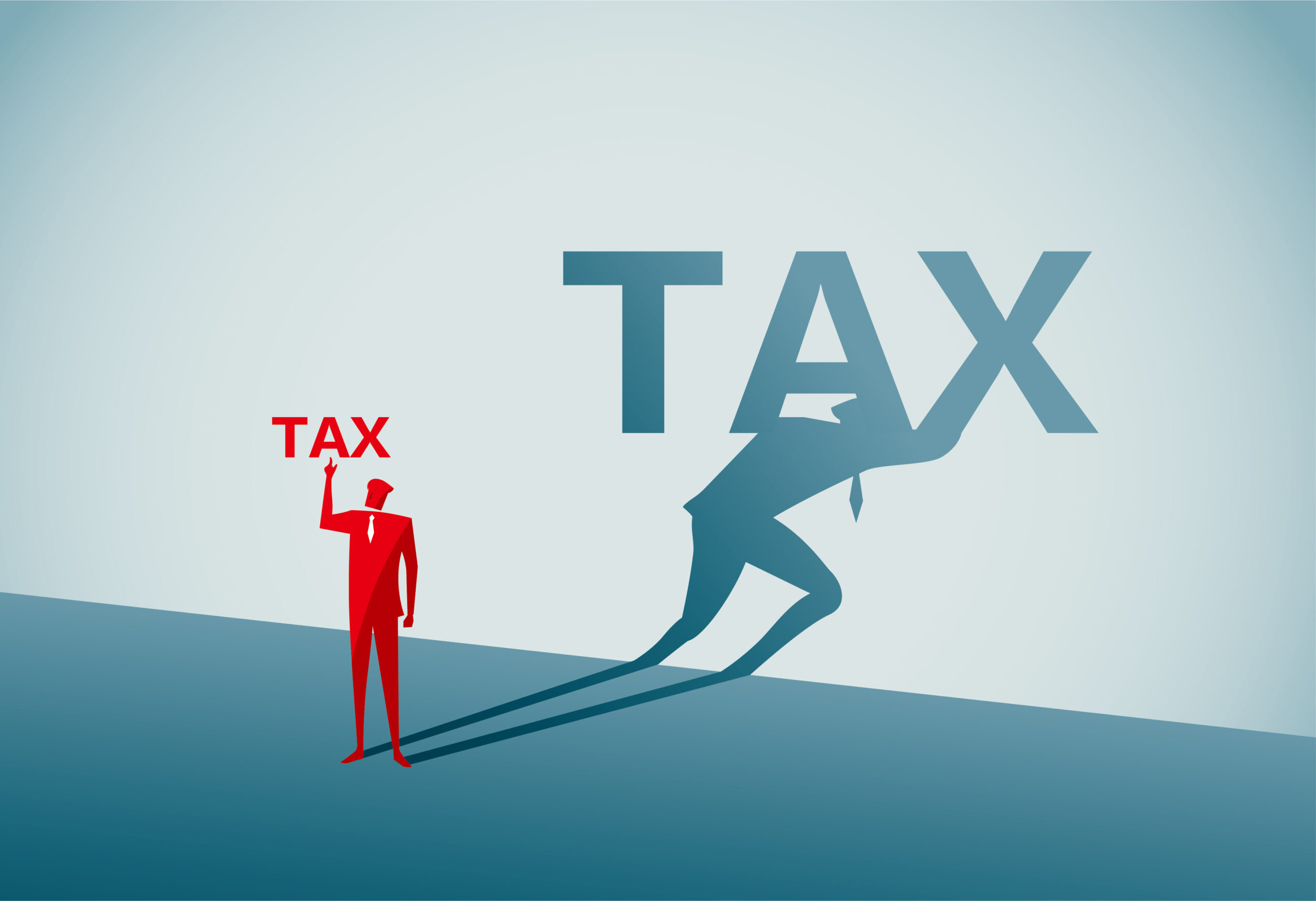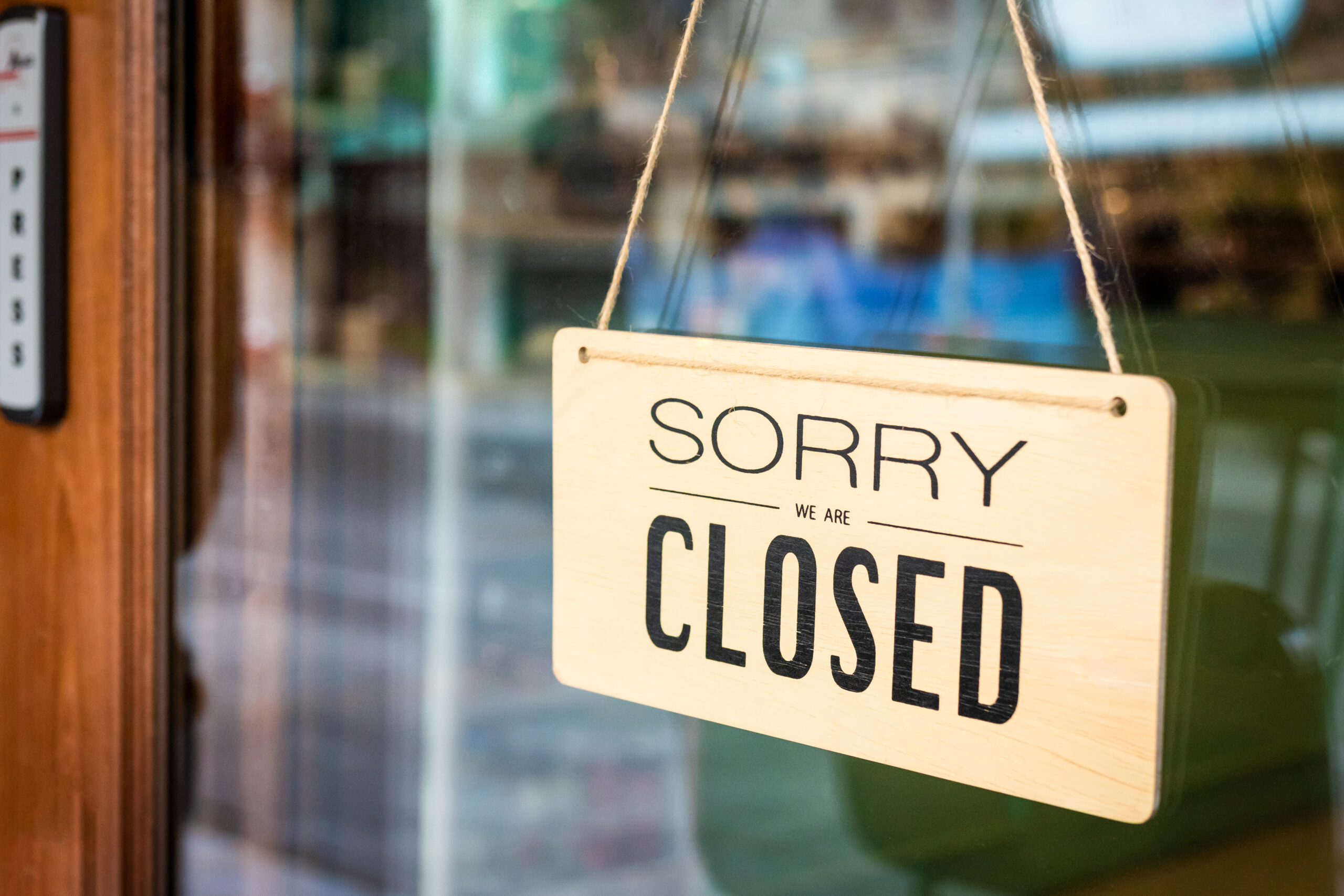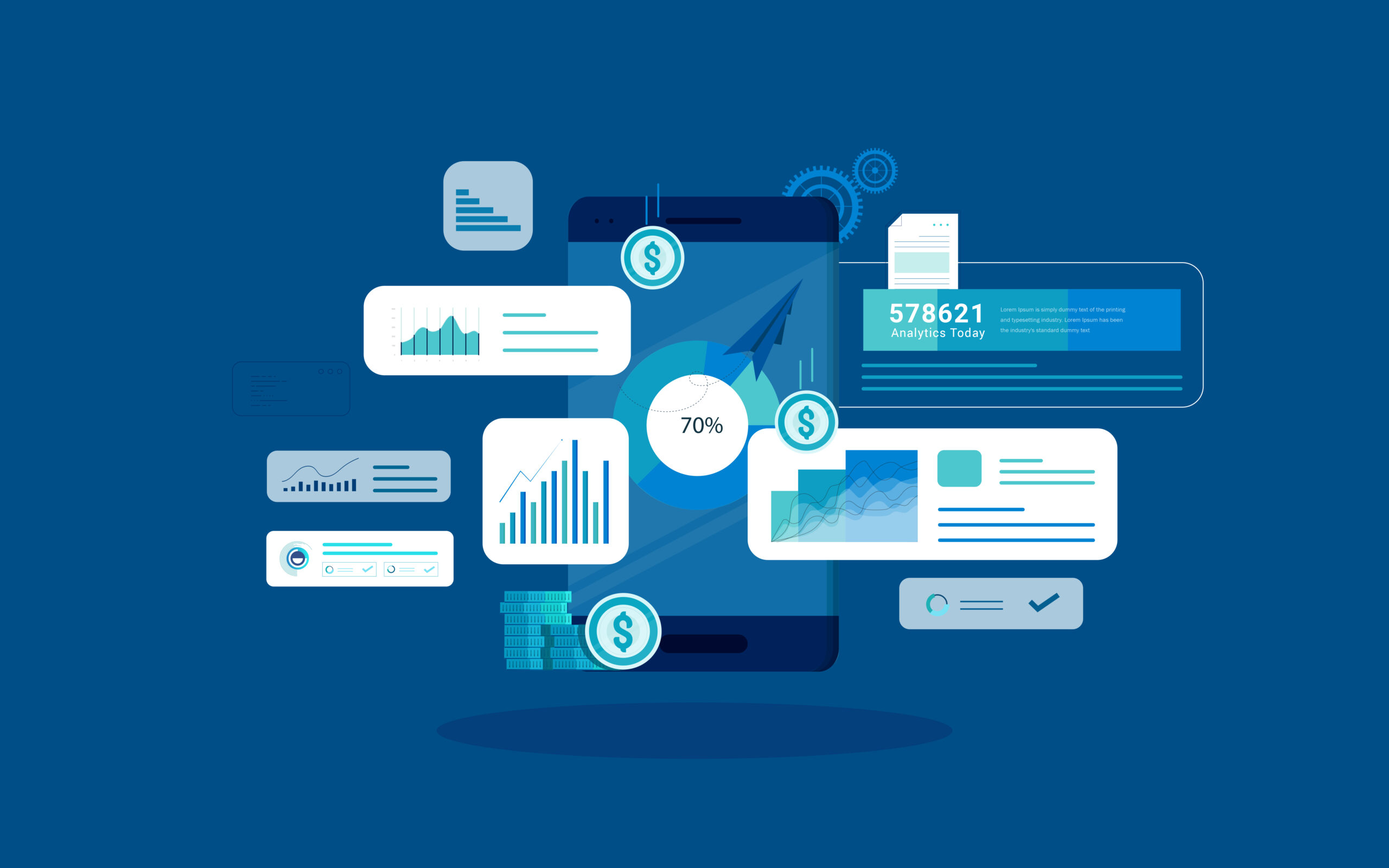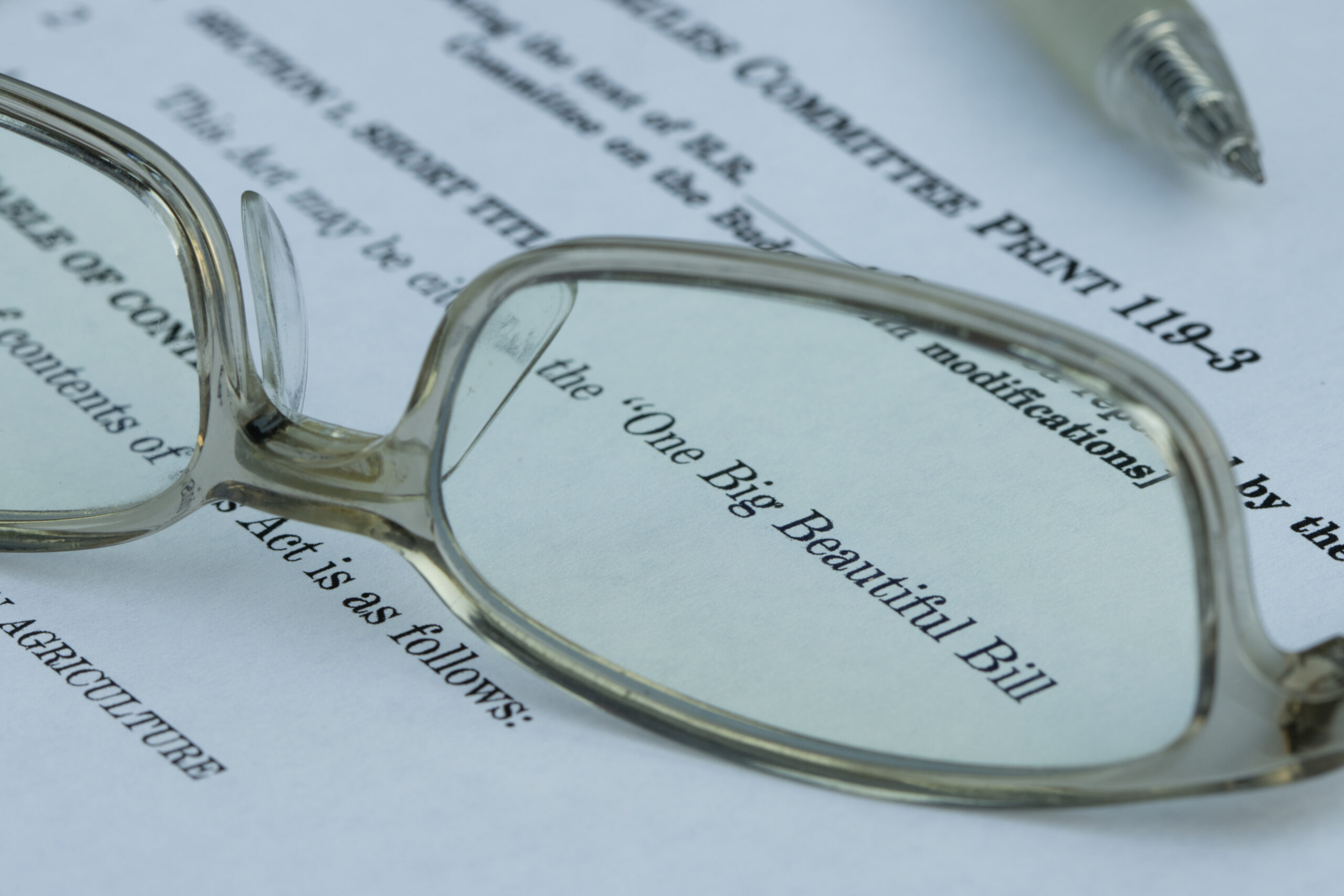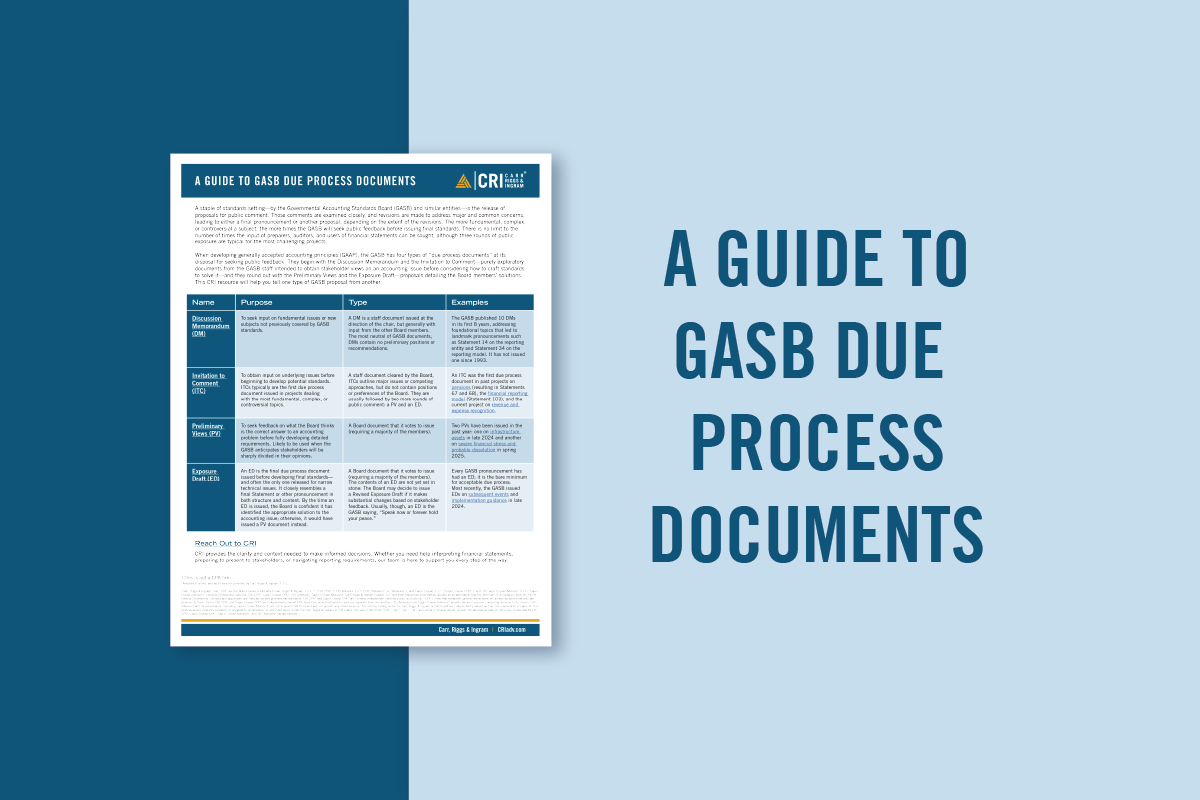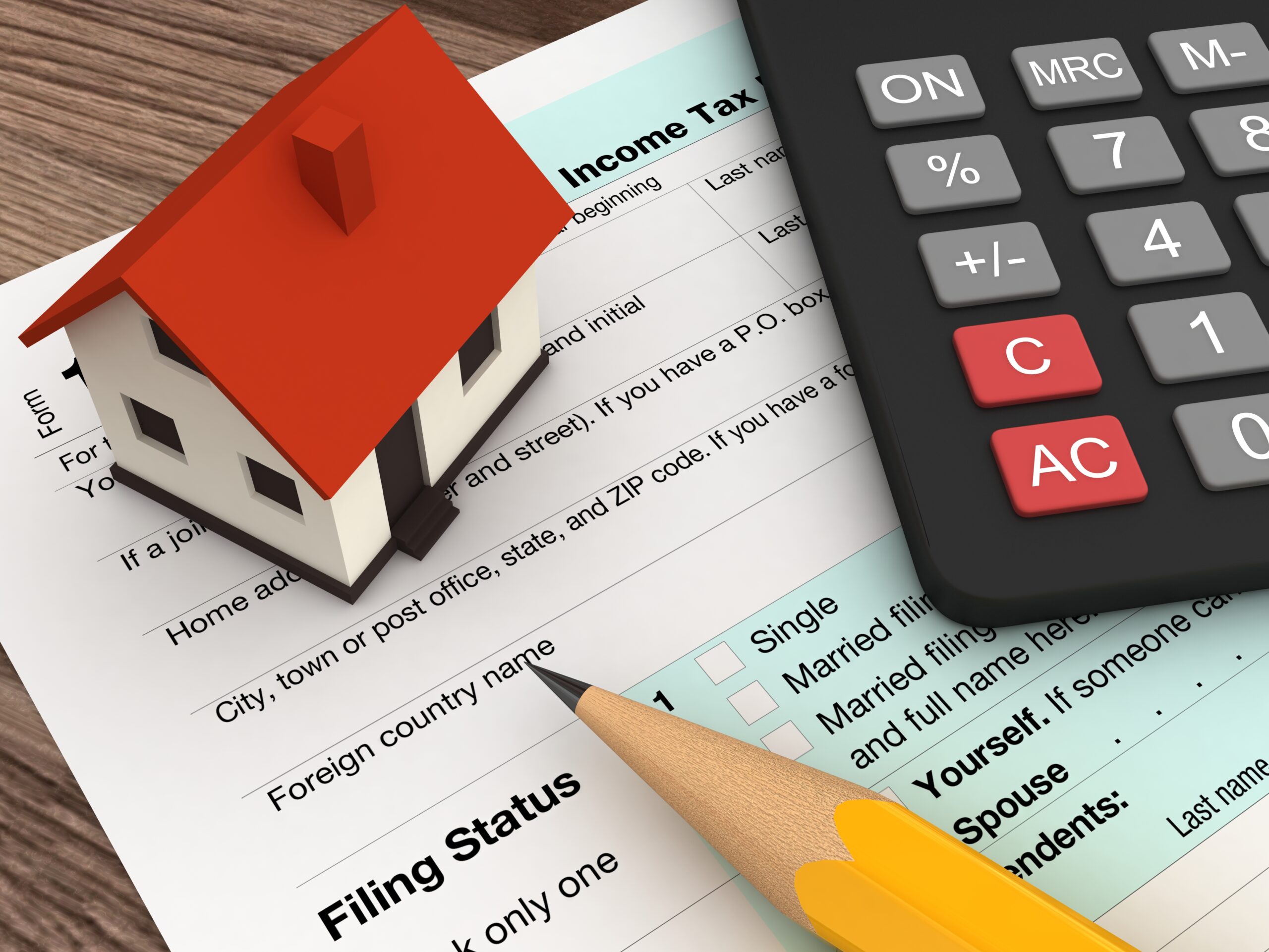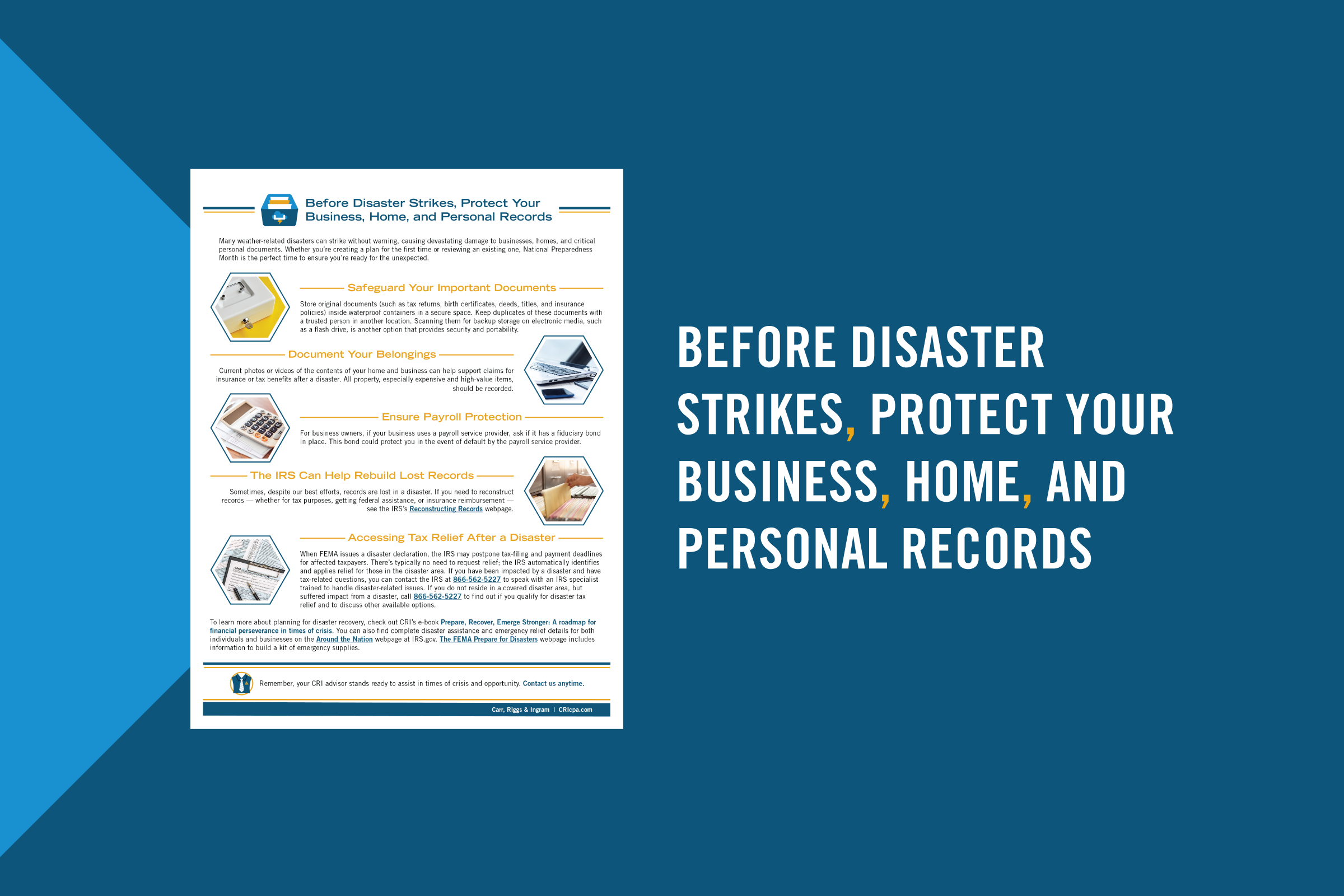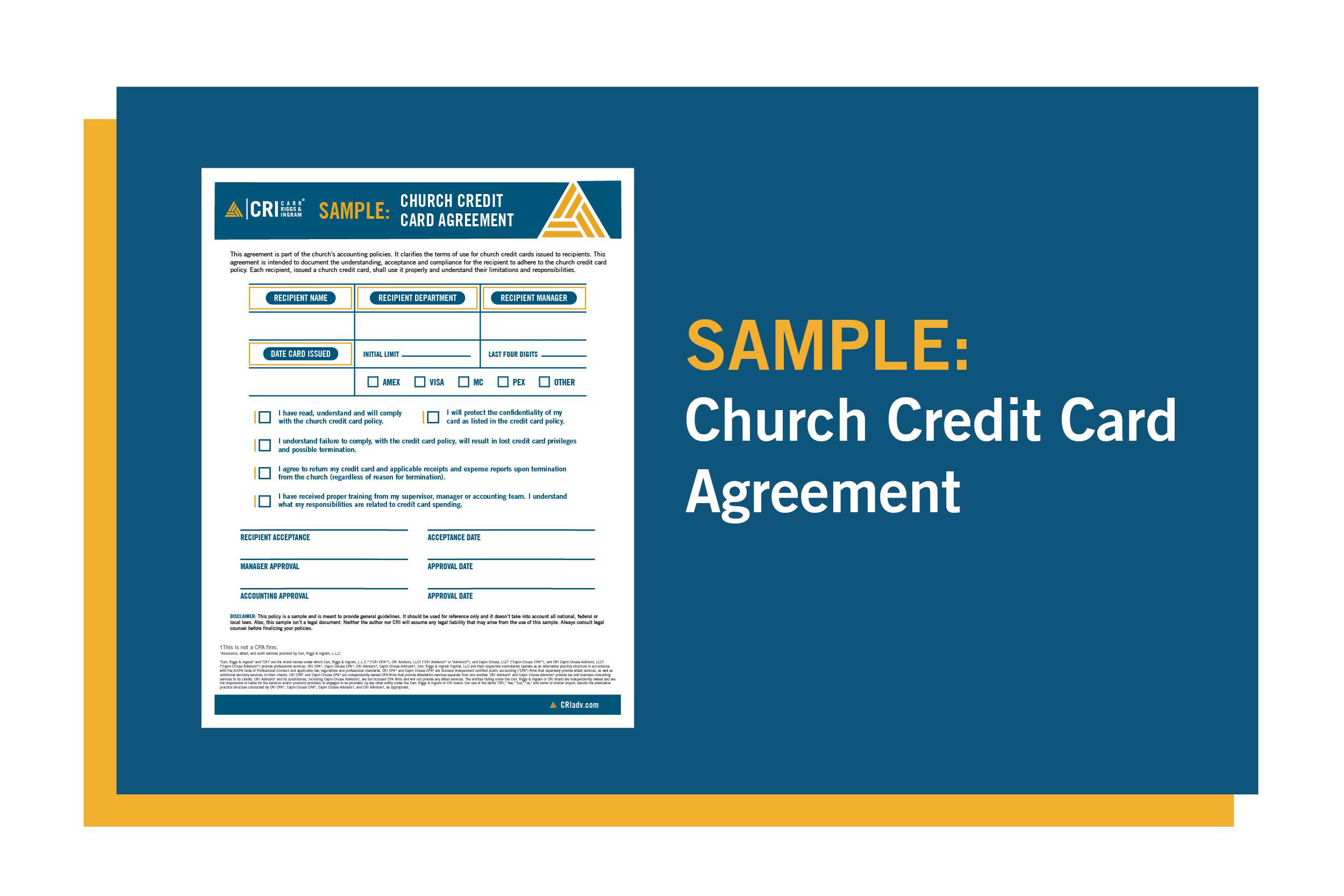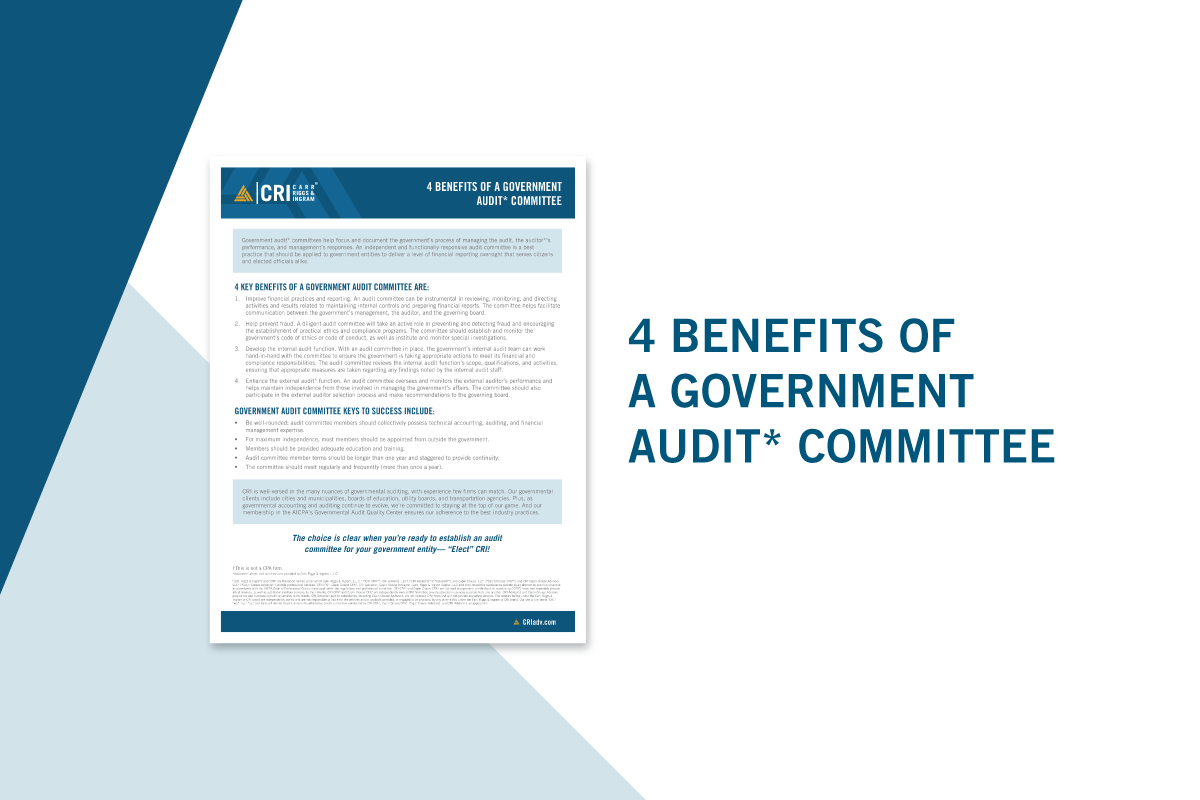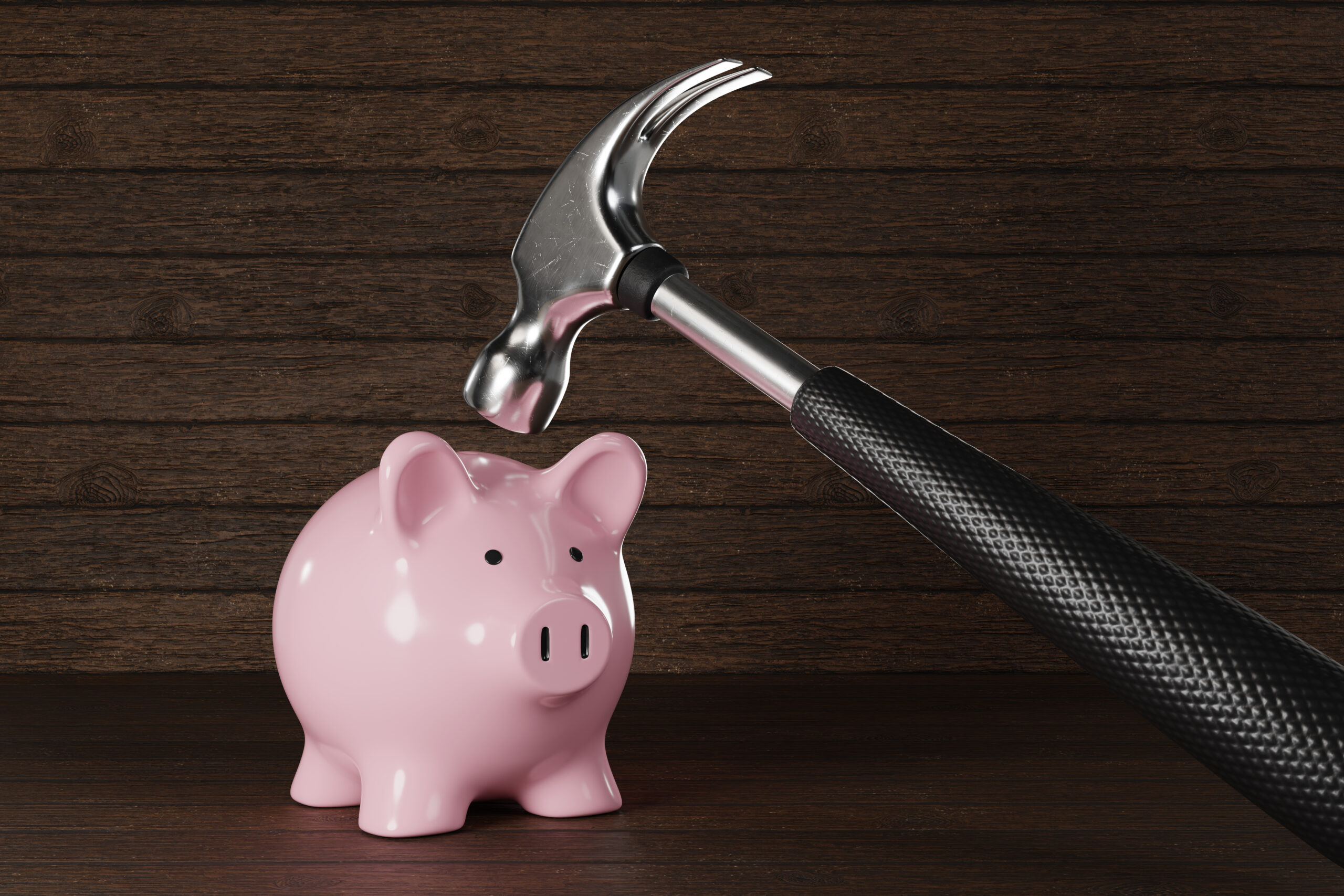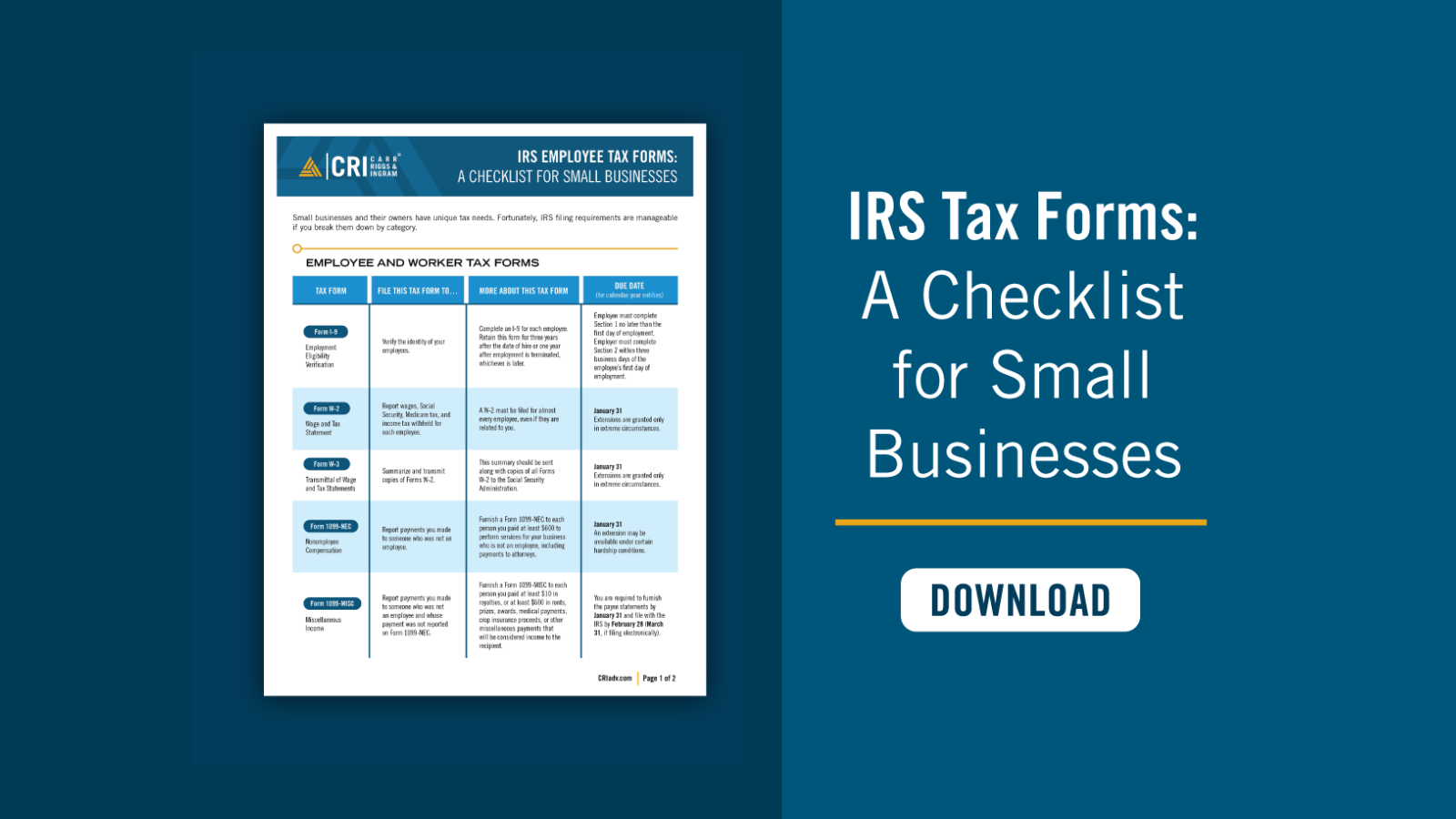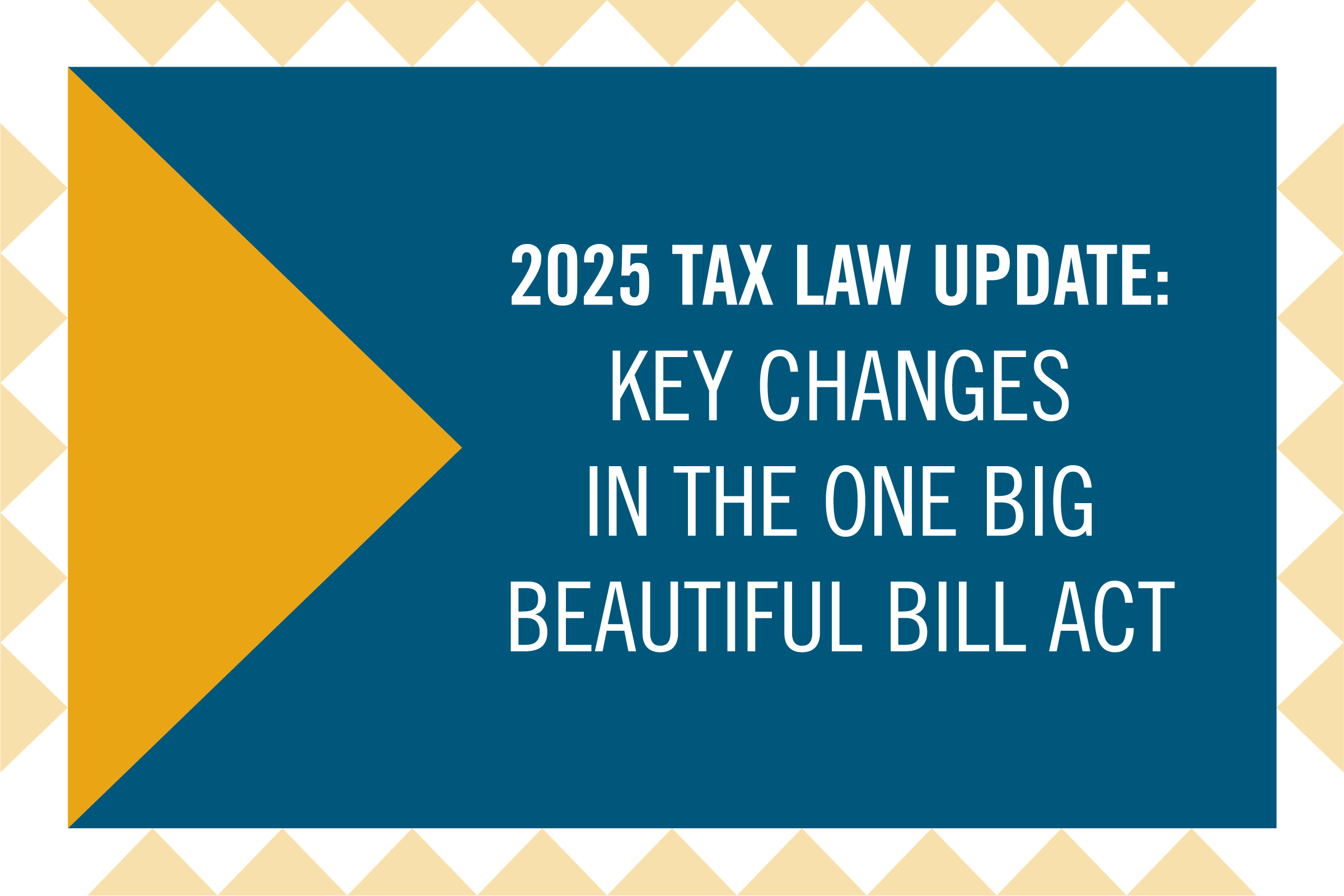Three Actions to Help Improve Your Collections Process
Sep 25, 2019
Collecting from delinquent customer accounts has the potential to sour the relationship between you and your customers. Unfortunately, the harsh reality of the situation is that you may be partly to blame. Now is the perfect time to incorporate three actions into your collection policies that improve collections and increase cash flow.
Typical Scenario When Dealing with Collections
Regardless of whether you have a service or retail business, if you offer credit to your customers, then you will face collection challenges. Most businesses have customers that historically pay late. For business owners, collections are a necessary evil, and they dread the potential confrontation.
Meet Jim. For the past 15 years, Jim has purchased your services during the same time of the year – December through February. Jim currently owes you $17,000, but he doesn’t require your services again until December, and, therefore, procrastinates paying that outstanding invoice. While Jim is a loyal customer, his payment behavior is customary and not the result of any unusual financial challenges.
Whether you are developing or revising your collection policies, incorporating these three guiding principles to improve collections can assist your overall collections process while dealing with the “Jim’s” in your customer pool.
1. Train your customers regarding non-payment consequences
Since Jim doesn’t need your services again until December, there aren’t many effective consequences for non-payment. However, next December when Jim needs your services, be sure to communicate to him your expectations regarding payment of the outstanding invoice before continuing to provide services in January and February. For other customers who utilize year-round services, enforce a “do not work” policy where you refuse to provide additional services until payment arrangements have been made for past services.
Specific tips for training your customers include:
- Set and communicate expectations regarding upfront payment
- Be consistent in collection efforts and stand your ground when trying to collect
- Develop and enforce effective consequences for non-payment
2. Bill sooner rather than later – and consider progress billing
Billing at the end of the month may not be a best practice for every client. When billing, you should always consider:
- Progress bill the work at certain milestones. For example, if the job requires a month to complete, communicate specific milestones to the customer of when you will invoice them and when that payment is due. Plus, do not provide the customer with the finished product if they are not meeting their payment obligations.
- Provide your invoice when the work is complete and not at the end of that month. Customers will likely value the work more in the present rather than the future—especially if you review the benefits and monetary savings your services generated for their business.
Consider collecting upfront if you know a certain amount will eventually be due. For a non-recurring job, require a deposit to cover a portion of the total estimated cost.
3. Offer customer payment options with positive reinforcement
You’re probably very familiar with the old adage about catching more flies with honey than vinegar. The same concept usually holds true for collections. The good news is that there are many ways to sweeten the pot when you are trying to collect including:
- Make it easier for clients to pay by accepting credit cards. Many small businesses (especially service-oriented companies) hesitate to accept credit cards due to the merchant fees. However, weigh the 3% merchant fee against the time and effort it will take your employees to collect the balance later.
- Consider offering “discounts” for early payment rather than services charges for late fees.
- Throw out the typical net 30 days term and make your invoices due upon receipt. If a customer calls and can’t pay, then you can offer another payment arrangement. Again, it’s all about setting expectations. Most customers will pay if they know that the invoice is due immediately, so consider whether it is necessary to give an option to pay 30 days later.
Be a Swift Adopter of Collections Best Practices
Collections impact cash flow and your bottom line, so updating your processes may have a large—and fairly immediate—impact. Reach out to CRI’s accounting professionals for help improving your business' cash flow by customizing the collections processes to meet your business needs.

